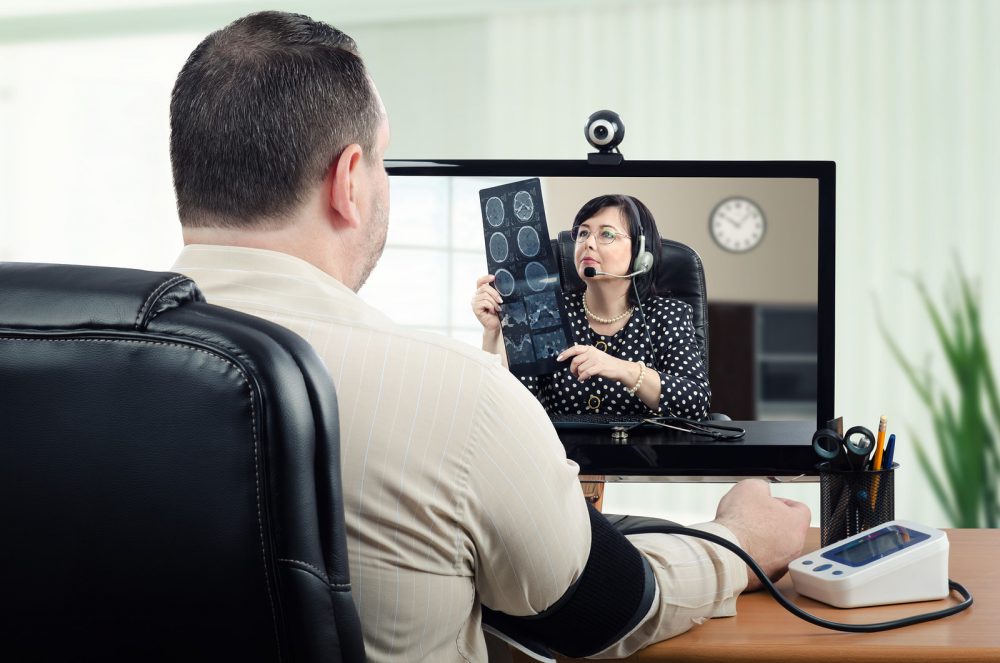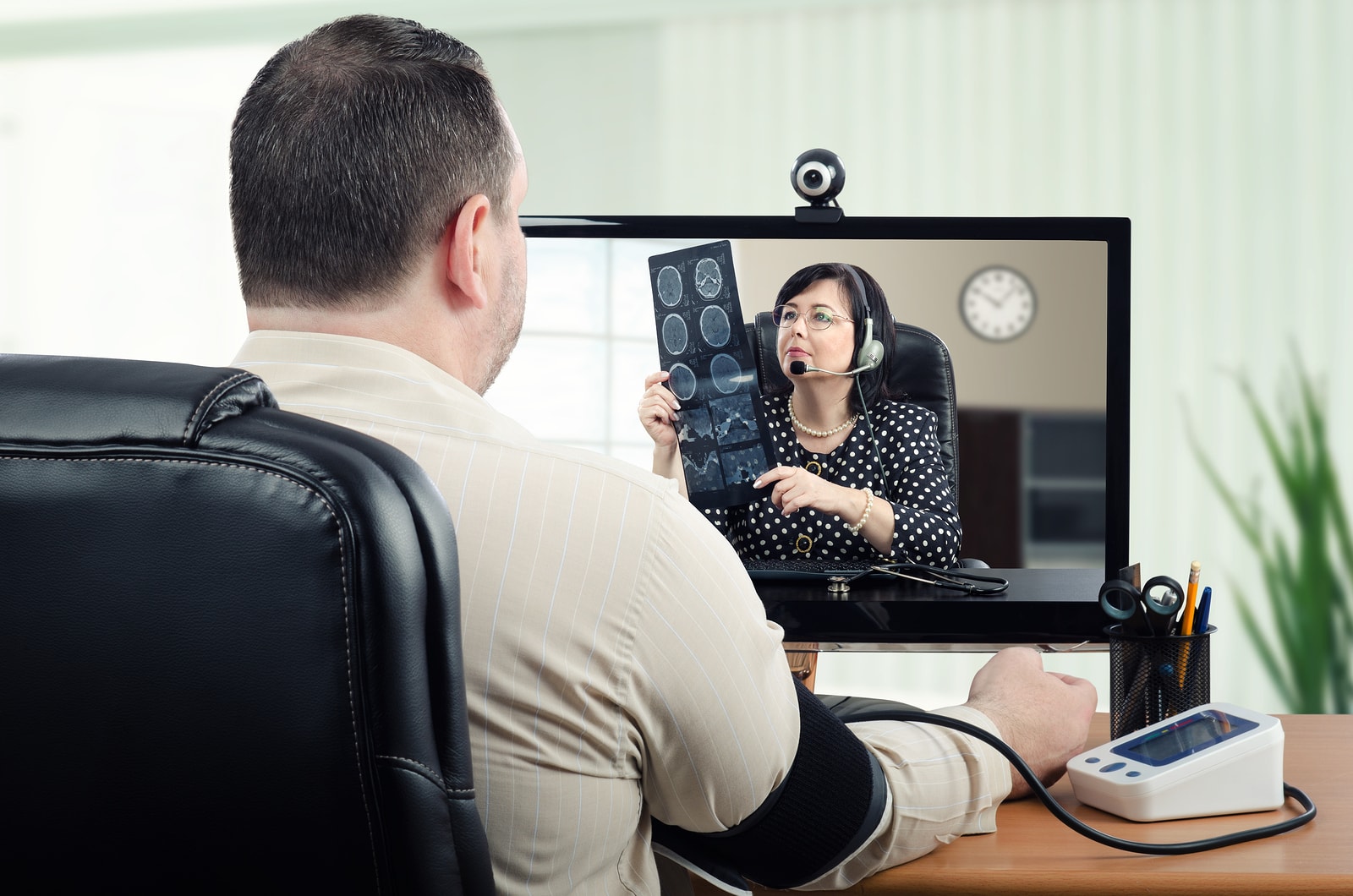
The American Cancer Society and IBM are developing the first virtual cancer health advisor, which is designed to assist patients, survivors, caregivers and advocates with a cutting-edge resource.
The virtual advisor will anticipate the needs of individuals dealing with types of cancers at different stages of the disease while factoring in various points of treatment.
The new technology, which will be powered by IBM’s Watson cognitive computing, was first announced at the 13th Annual World Health Care Congress assembly in Washington, D.C. in early April.
IBM Watson
With more than 1.6 million people diagnosed each year with cancer in the United States, the virtual advisor seeks to streamline access to pertinent data to help eliminate the frustration that can come with sifting through hundreds of websites for trustworthy information.
IBM Watson’s cognitive computing advantage means that users will receive personalized data the more they interact with the technology, meaning the system will get smarter with each use. Eventually, the hope is that Watson’s voice recognition and natural language processing technology can be utilized to allow users to simply ask questions and receive audible answers.
Gary Reedy, CEO of the American Cancer Society (ACS), said the partnership will merge his organization’s vast resources with a leader in technology to provide the best and most relevant information possible.
“It’s about providing the right information to the right people at the right time,” Reedy said.
You Might Also Enjoy: Approved Cancer Drug Could Help Prevent Alzheimer’s Disease
The virtual advisor will digest the ACS’s massive library of more than 14,000 pages on more than 70 cancer topics, in addition to information about healthy lifestyles, risk reduction and early detection. IBM and the ACS will then train Watson to use that data to anticipate patient needs.
How will it work?
If an individual with breast cancer was experiencing an unusual level of pain, he or she could ask the virtual advisor what might be causing that pain. The advisor would then respond with symptoms, self-management suggestions and other options, based on the cumulative sum of experiences of other patients dealing with similar issues.
IBM and Watson already have staked a claim in cancer research and treatment through its clinical decision support tool, IBM Watson for Oncology, which was designed to assist oncologists with making more informed treatment decisions through a virtual analysis of patient medical history, historical data, external research and other information.
The company currently is working with other providers through partnerships with the Memorial Sloan-Kettering Cancer Center, MD Anderson Cancer Center and the Mayo Clinic to assist with such tasks as matching patients with relevant clinical trials and analyzing DNA to provide more personalized treatment plans.
Dr. Kyu Rhee, chief health officer for IBM Watson Health, said it is an honor to be able to utilize IBM’s technology to deliver tailored support and education to the millions of individuals currently confronting cancer.
“In doing so, we expand IBM’s existing commitment to tackling cancer, enhance Watson’s already formidable expertise in this domain and support the American Cancer Society in its work to save and improve lives worldwide,” Rhee said.









